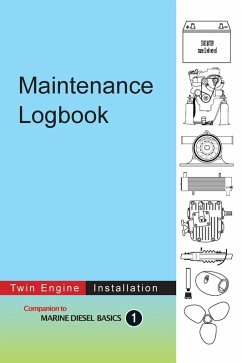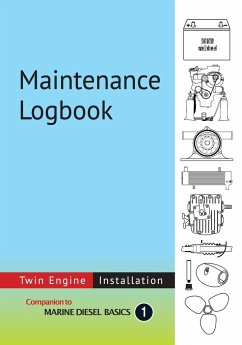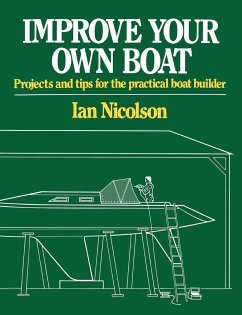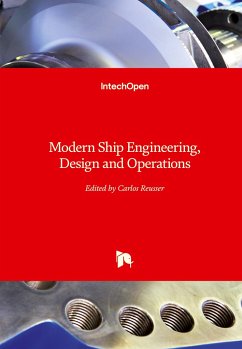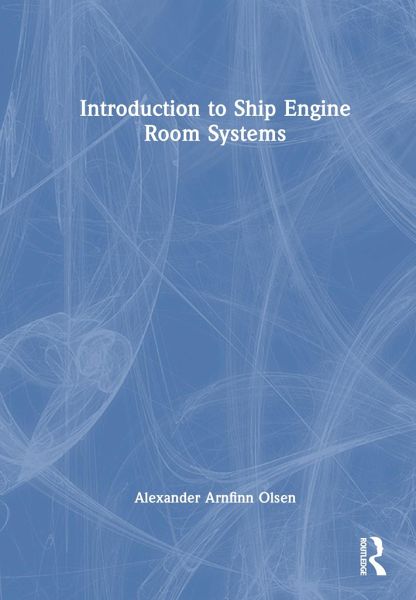
Introduction to Ship Engine Room Systems
Versandkostenfrei!
Versandfertig in 1-2 Wochen
180,99 €
inkl. MwSt.
Weitere Ausgaben:

PAYBACK Punkte
90 °P sammeln!
Introduction to Ship Engine Room Systems outlines the key systems, machinery and equipment found in a ship's engine room. It explores the basics of their function with overall practical guidance for engine room operation and maintenance, recognising emerging environmental challenges. It covers the following topics: The role and function of the steering and propulsion systems Power generation The heating, ventilation, and air conditioning systems The water management system Engine room fires and emergency response systems Engine room watch procedures and checklists The book serves as an accessi...
Introduction to Ship Engine Room Systems outlines the key systems, machinery and equipment found in a ship's engine room. It explores the basics of their function with overall practical guidance for engine room operation and maintenance, recognising emerging environmental challenges. It covers the following topics: The role and function of the steering and propulsion systems Power generation The heating, ventilation, and air conditioning systems The water management system Engine room fires and emergency response systems Engine room watch procedures and checklists The book serves as an accessible introductory text for engineering students at HNC, HND, and foundation degree level, marine engineering cadets, and non-engineering marine professionals such as deck officers and cadets who want a general guide to how the engine room functions.






